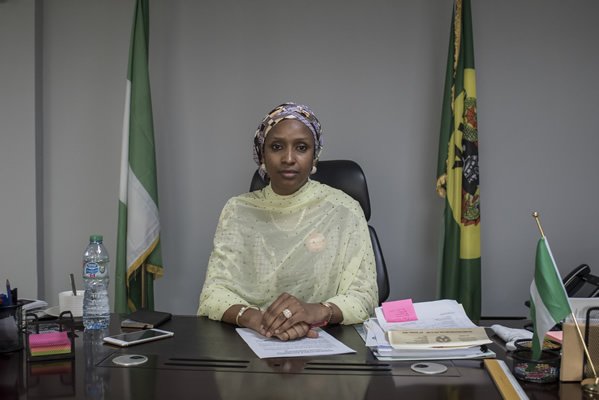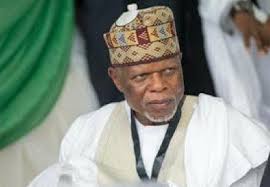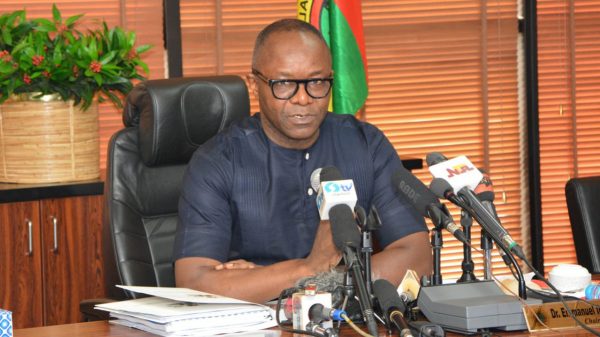Intels decides revenue sharing formula with FG – NPA

The House of Representatives heard on Wednesday that the revenue collection contract between the Nigerian Ports Authority and Integrated Logistics Services Limited hugely favoured the latter such that the firm determined the Federal Government’s share.
The NPA and Intels signed a two-legged agreement in 2010 allowing the firm to collect revenue on behalf of the Federal Government agency on some port operations.
The Managing Director, NPA, Hadiza Bala-Usman, told an ad hoc committee of the House in Abuja that the agreement was silent on the sharing formula of the revenue generated by the firm.
She stated this left Intels with the power to decide how much it would remit to the Federal Government from any available balance after it had taken a percentage for its services.
The committee, which is chaired by the Deputy Whip of the House, Mr. Pally Iriase, is investigating the circumstances leading to the termination of the contract last year.
Bala-Usman told the committee that the agreement she met on assuming duties at the NPA in 2016 allowed Intels to take 28 per cent of the generated revenue for its services.
She added that the balance of 72 per cent would later be shared between the NPA and Intels.
However, she explained that it was Intels that decided how much should go to the NPA from the 72 per cent, as the contract was silent on that.
She stated, “The agreement was silent on this aspect. There was nothing suggesting how the balance would be shared.
“So, this gave Intels the power to decide what share to leave for the government and so on.”
The NPA MD recalled that up to 2013, the average monthly remittance by Intels was $3m.
She added that the remittance rose to $5.6m in 2014 after some negotiations and later dropped to $4m in subsequent years.
However, Bala-Usman informed the committee that a dispute arose between the NPA and Intels in June 2016 after the firm declined to comply with the Treasury Single Account policy of the government.
She said the NPA communicated the government’s decision to have all public revenues paid into a central account following which invoices would be issued for Intels to be reimbursed.
She added, “But, Intels declined and chose to continue to keep the revenue. In May 2017, we sought the advice of the Attorney General of the Federation (Abubakar Malami), who appropriately advised that Intels must comply with the TSA policy or the contract should be terminated.
“Based on the advice of the AGF, a notice of termination was issued to Intels.”
However, she admitted that following the face-off, Intels later apologised to the NPA and agreed to comply with the TSA policy.
“So, since September 2017, Intels started complying with the policy, though we have not received the advice of the AGF on the withdrawal of the termination. But, they have been complying since September 2017. Between 2016 and 2017, Intels had collected $48m,” she added.
Out of the money, Bala-Usman said the NPA confirmed the remittance of $28.1m into the TSA, while another payment of $14.5m reported by Intels had yet to be confirmed.
According to the MD, both the NPA and Intels would have to do some reconciliation to clarify whether the two payments came from the $48m or from other sources.
Although, the lawmakers acknowledged that compliance with the TSA policy was important, they noted that the manner in which the NPA applied it to Intels was arbitrary, as it sought to ignore an existing agreement.
However, they criticised those who drafted the agreement for allowing Intels to get away with so much.
Commenting on the unfavourable nature of the agreement, Iriase noted, “Nigeria is worse off with this type of arrangement.”







